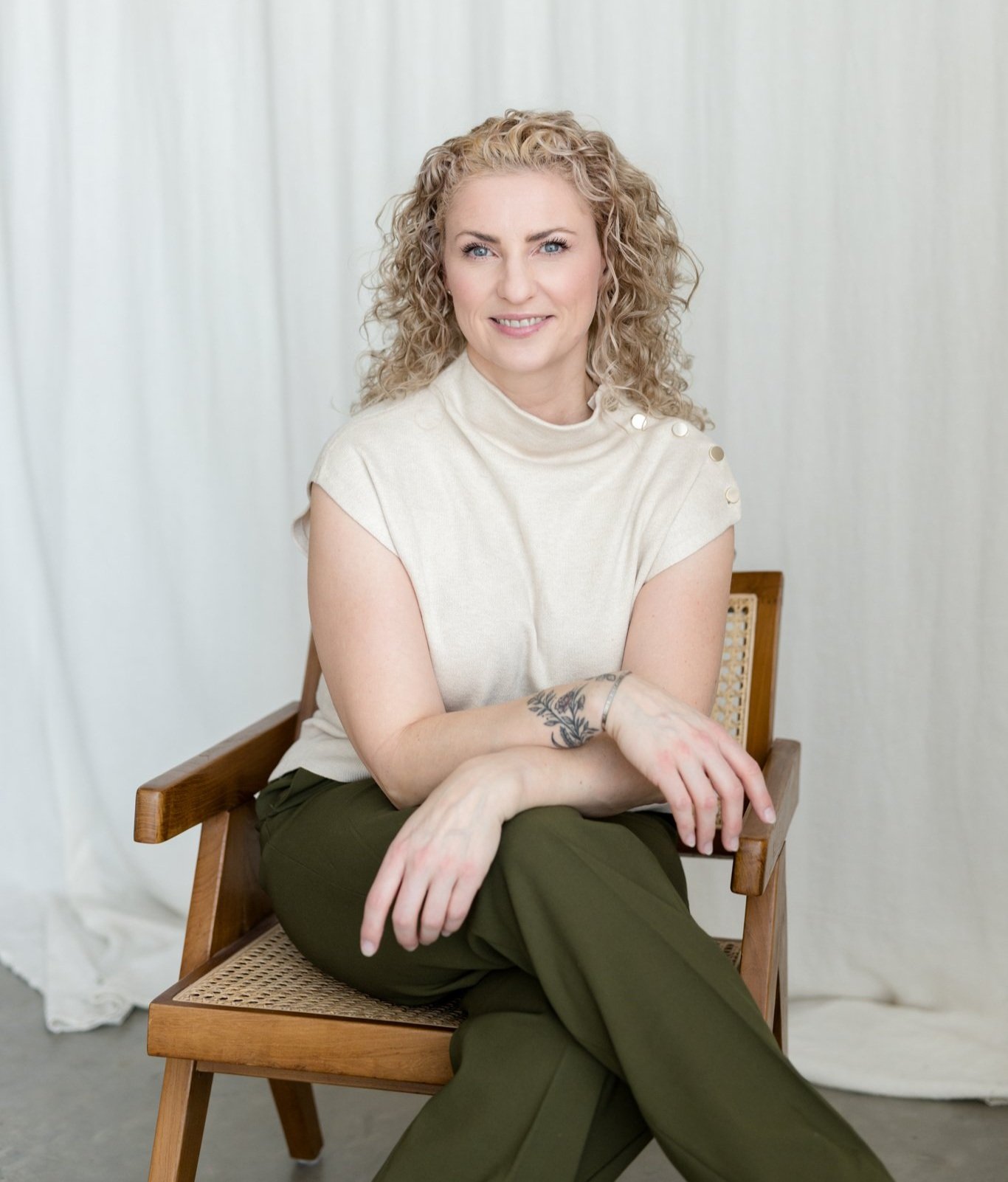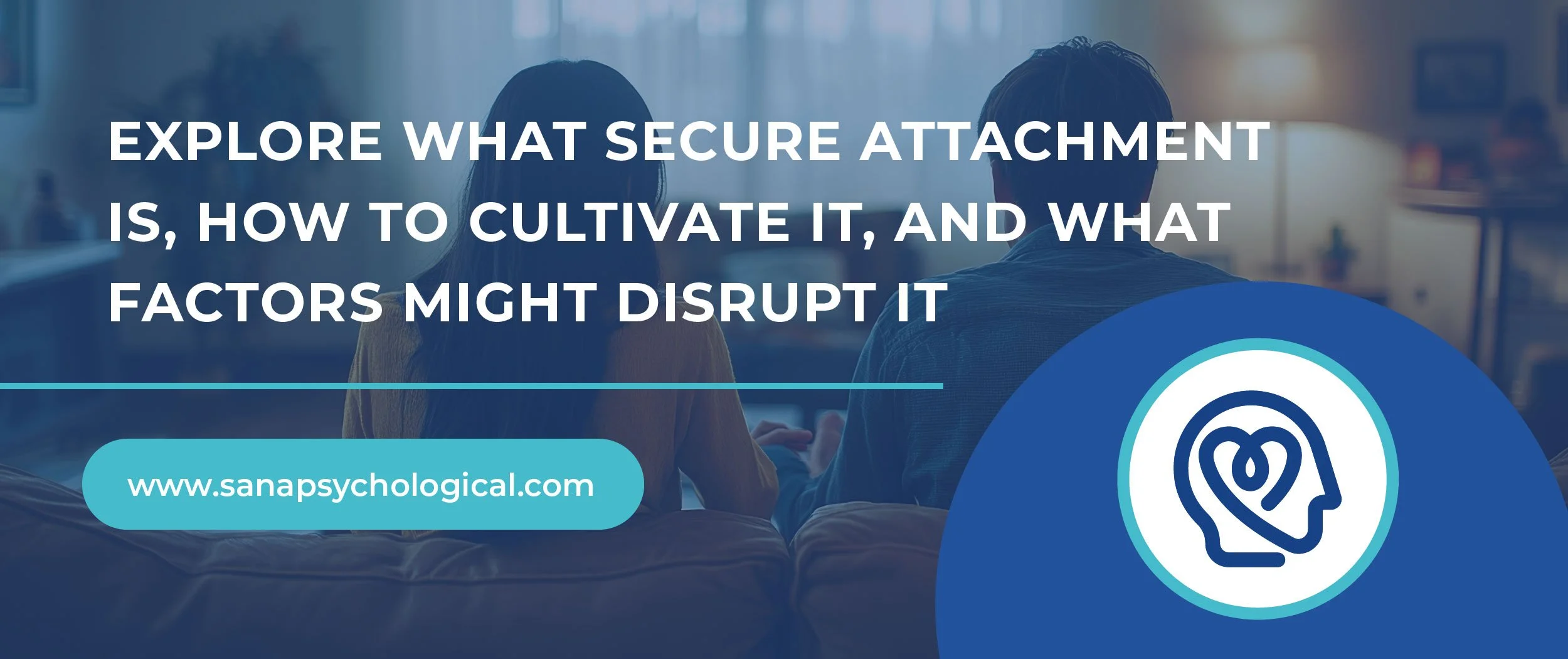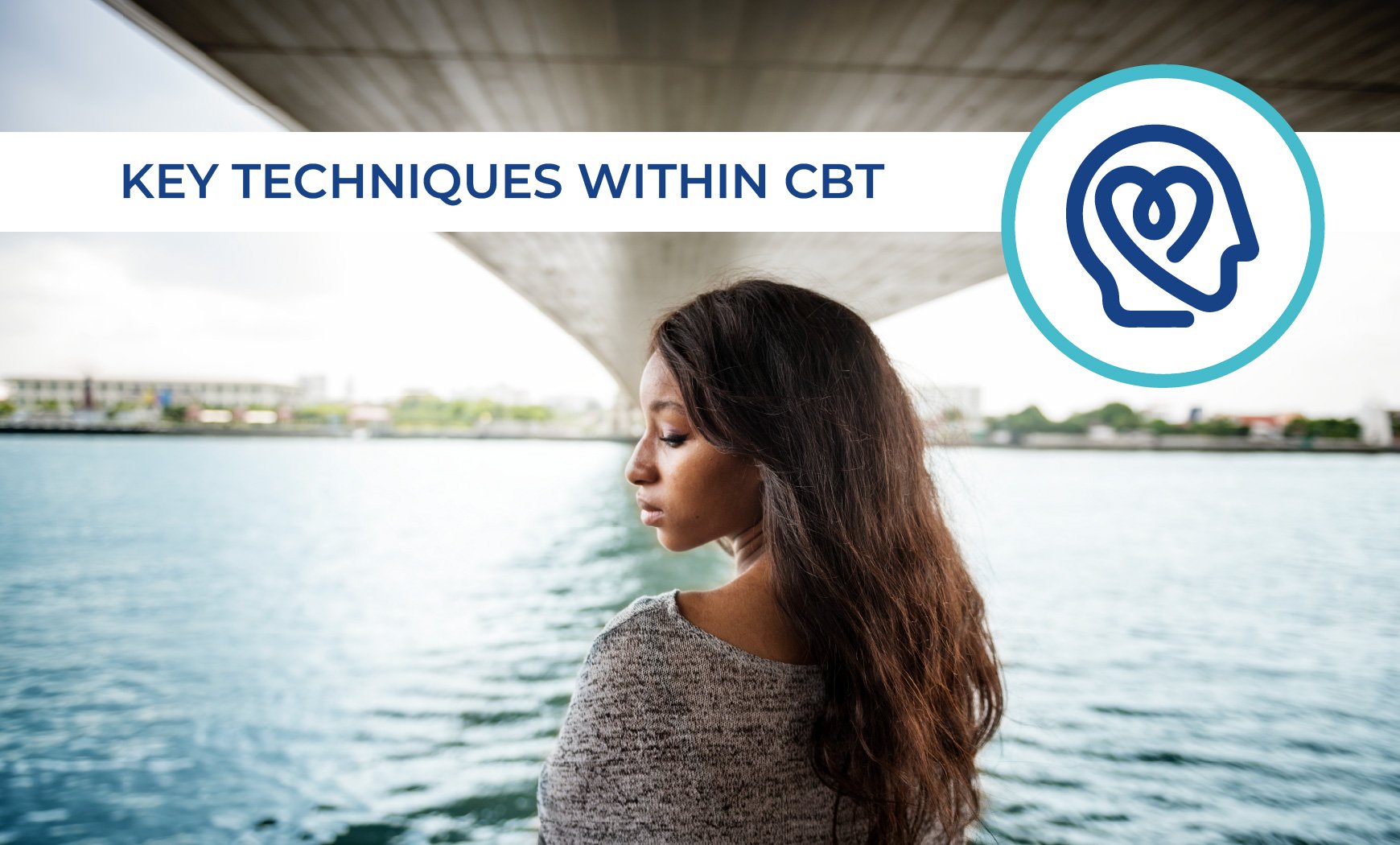What is Couples Counselling Calgary?
Couples counselling Calgary provides a safe space for you and your partner to work through challenges and strengthen your bond. It can help with specific issues like communication, intimacy, infidelity, and even co-parenting and step-parenting. It’s not just for crises; couples counselling can also serve as a proactive way to enhance your relationship and prepare for future transitions.
When Should You Consider Couples Counselling Calgary?
If you are here, you are wondering if couple’s counselling would be helpful, or you already know that you need it, then couples counselling Calgary AB is here for you. It is available for both proactive support as well as to help you navigate specific issues in your relationships.
If you are looking for improved communication, connection, as well as more or different tools and support, then you may be interested in couples counselling.
With counselling in general, some people wait until they need it, whereas others choose to come because they want to, even if life is feeling pretty good.
Couples counselling is helpful at any stage.
As an informal self-check, we’ve developed this quiz for you to get a rough sense of whether or not relationship and couples counselling is right for you. Please be aware that this self-check is not a replacement for professional assessment or diagnosis.
Couples counselling can be helpful for support around specific issues
Co-parenting, step-parenting, fertility journeys, loss, addiction, infidelity, communication, transition, and more.
Couples counselling is a powerful tool for enhancing relationships, offering benefits beyond just problem-solving. It can significantly boost intimacy, overall quality of life, and relational health. While often sought during challenging times, couples counselling is equally valuable as a proactive measure, helping partners navigate potential issues before they escalate and fostering stronger connections. This preventative approach can equip couples with essential communication skills and strategies to maintain a thriving relationship long-term.
Couples counselling can offer multiple benefits to you and your relationship, including:
Improved communication
Feeling closer to your partner
Knowing yourself and your partner better
Being able to navigate conflict more effectively
Finding peace and acceptance around specific issues
Increased satisfaction
Improved intimacy
Clarity
Support for the Couple
Couples counselling Calgary is available when you need it and for why you need it. Having a specific, repetitive issue in your relationship that, despite many different attempts at resolution, is still lingering? Encountering a specific crisis or challenge? Feeling ‘meh’ about your connection? Considering separation or divorce? Wanting to maintain an already solid connection? Couples counselling is available to help with all of these areas, and more.
Support for the Individual
Maybe you are here and reading about all of the benefits of couples counselling and are excited to present this to your partner. Maybe you already have and, it turns out, they are not excited as you and may not be interested or willing to come to couples counselling. Now what?
The good news is that relationship counselling can be extremely helpful and beneficial for individuals in a relationship just as much as for the couple. Improving your own awareness, communication, boundaries, and relationship skills can have a very positive impact on your partnership.
If you are finding yourself wanting change, we invite you to come and explore that for yourself. Great work can be done individually for relationships.
What does Couples Counselling Calgary AB support look like for you
The counselling process at Sana Psychological is designed to be safe, empowering, and tailored to each couple’s needs. Your therapist serves as a neutral, non-judgmental guide who supports both partners in achieving their goals.
Exploration and Goal Setting
The first few sessions focus on understanding your relationship dynamics, past experiences, and goals for therapy. Your therapist will ask about your challenges and what you hope to achieve through couples counselling.
Tailored Techniques and Tools
Therapists at Sana Psychological use a range of evidence-based methods, including emotionally focused therapy (EFT), cognitive-behavioral approaches, and communication strategies. These techniques are customized to suit your unique situation.
Collaborative Problem-Solving
Sessions involve collaborative discussions that address both immediate concerns and long-term patterns. Couples counselling is an active process, with therapists guiding you through exercises and tools you can use in your daily life.
Safe and Supportive Environment
Therapy is a neutral space where both partners can share their perspectives without fear of judgment. Your therapist will ensure the process remains respectful, productive, and focused on your goals.
Couples Counselling Calgary supports you and your partner in navigating your relationship, wherever you are At
“Find the one.” “Don’t go to bed angry.” “Be blissfully happy.” These, and so much more, are messages we may hear from our society about relationships. We don’t hear the more realistic messages of: Relationships are work. Relationships aren’t always easy. Relationships can evolve and change. Relationships may not always feel great.
Couples counselling Calgary, is a place to sit with a neutral professional to be able to have different conversations with your partner that lead to different resolutions. Therapy is active, engaged and involves a blend of mutual sharing by you and your partner, along with suggestions of tools and strategies from the therapist for your use, both in and out of session.
Couples therapy is an opportunity to talk about the things you either aren’t talking about or can’t talk about on your own.
Five Ways Couples Counselling Calgary AB Supports Relationships
-
Counselling helps you identify your emotional needs and those of your partner. Many conflicts arise from unmet expectations or miscommunications about these needs. Therapy gives couples the tools to recognize, articulate, and address what matters most to each of them.
-
Poor communication can lead to frustration and resentment. Couples counselling teaches partners how to communicate in ways that promote understanding and connection rather than defensiveness or blame. This includes strategies for active listening and expressing emotions effectively.
-
Trust is critical in any relationship. Couples counselling Calgary AB provides a framework for rebuilding trust after breaches and nurturing mutual respect in everyday interactions.
-
Every partnership benefits from alignment on shared goals. Counselling helps couples clarify their individual and mutual priorities, whether it’s parenting strategies, financial planning, or lifestyle aspirations. This alignment strengthens the bond and provides direction.
-
Intimacy is more than just physical connection; it’s about emotional closeness and vulnerability. Therapy helps partners explore ways to deepen intimacy, fostering a more fulfilling and connected relationship.
Meet Your SanaPsyc Couples And Relationship Counselling Experts
Related Blog Posts:
Related Free Resources:
How You Can Access Couples Counselling Calgary AB
Booking Your Appointment is Easy!
We want to make the process as simple as possible for you! Here’s how to get started:
Online booking is available 24/7 for your convenience.
No referral required—you can book directly anytime.
Direct billing available depending on your chosen provider.
Free resources to support your relationship.























